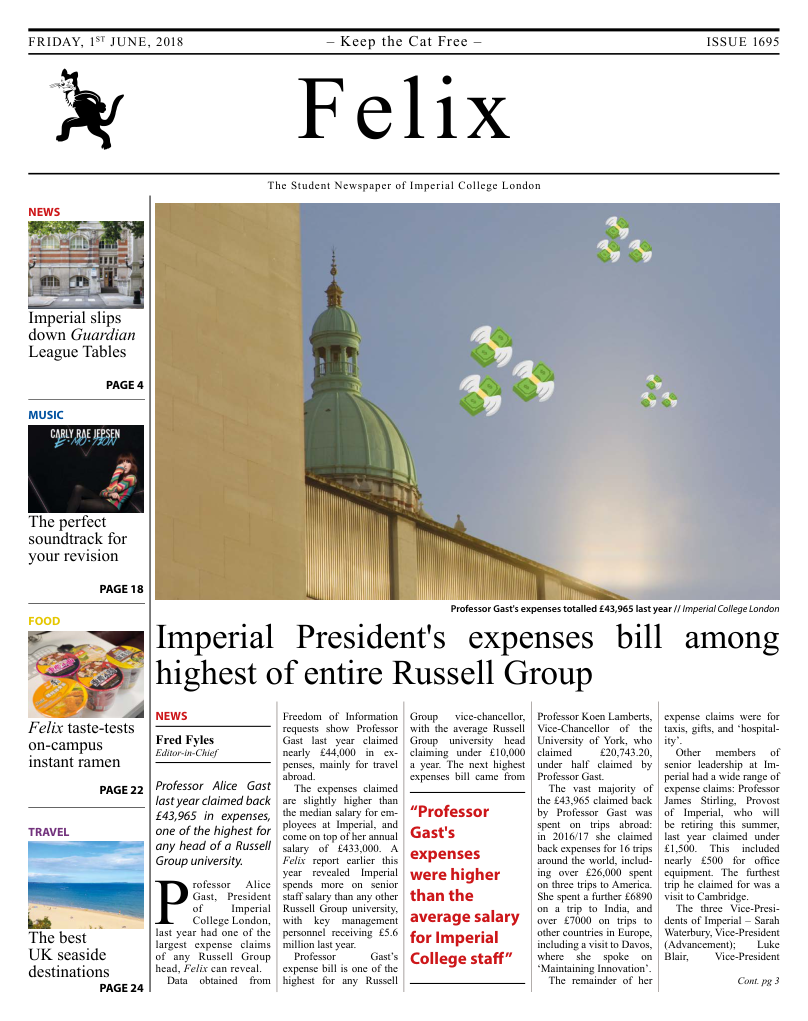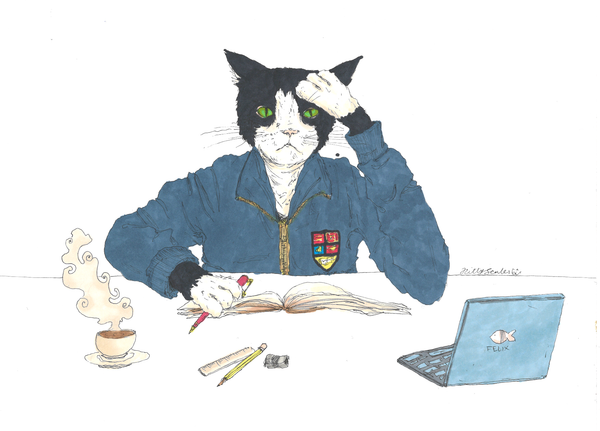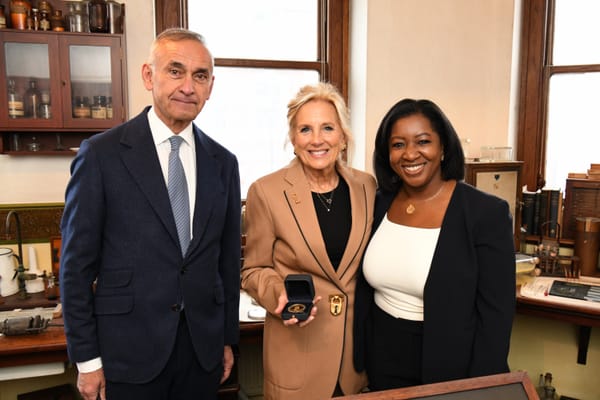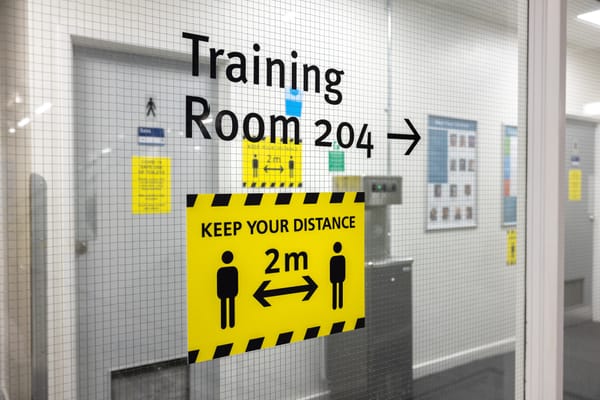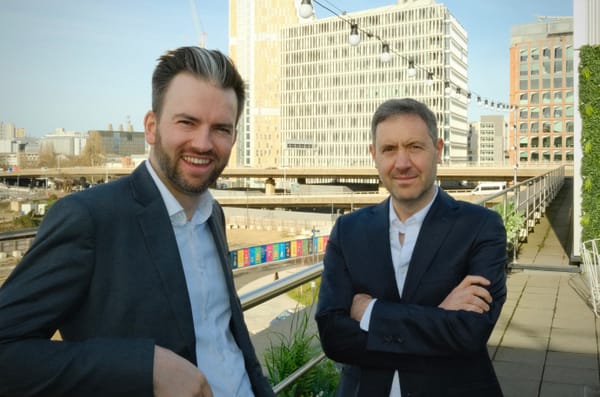On creating a legacy
Students may not always realise it, but they have the power to make a lasting change at university.

Mathematical curves rise and fall, changing their assumed trajectory at a moment’s notice at inflection points. In life, too, there are certain times the prevailing greater wisdom considers to be inflection points –often-pivotal moments that mark so-called milestones. Examples include graduation and marriage. Characteristically, the passing of such moments has a final and enduring influence on us.
In reality, changes in life are rarely so instantaneous. Most progress in life is gradual. Nowadays, the accepted cultural norm is for significant milestone moments to be marked with a shiny plaque, certificate, or perhaps widespread media recognition; nevertheless, these are essentially snapshots of a lifetime of marginal gains.
Change itself is a two-sided platform and not a unilateral, unidirectional effort. It naturally follows then that all students change when they arrive at their university and leave behind a legacy of some sort when they depart. Their classmates, lecturers, and even the buildings themselves will be irrevocably changed by their presence. Leaving a student legacy is assured. If so, perhaps, it would be valuable to consider the student experience not only as a time for personal academic growth –learning, for example, every metabolite in the Citric acid cycle – but as a prime opportunity to leave behind a positive lasting impact on your peers as well.
David Rubenstein, co-founder of The Carlyle Group, one of the most successful private equity firms in the world, is often quoted explaining that philanthropy is more than just rich people giving money away; rather, it can be ‘money, time, or ideas’. As such, in this hyper-connected world, there is no reason to wait to give in feasible and logistically acceptable ways. Legacy, like philanthropy, can be ‘money, time, or ideas’. Reaping the emotional and intellectual rewards of leaving behind a positive legacy is too valuable to restrict to the end of life.
At their best, educational institutions provide students with the safety of a semi-structured curriculum to make marginal gains in all aspects of life, that will ultimately be rewarded with the assurance of a piece of paper that certifies the culmination of their achievement. Such development for individuals is impressive, but somewhat well-circumscribed and linear. Arguably, branching out with intention laterally would provide for a more holistic and three-dimensional development. One way to frame this idea in context is to consider the merits and specific requirements behind leaving a personalised legacy during the multitudes of journeys that lead to the inflection points in our overall life journey.
As graduates know, the contact details they leave behind will be used extensively for the purposes of soliciting monetary donations and other forms of support for institutional advancement. The impact that can be had with this type of philanthropy is profound, yet it is inevitably delayed. It may feel like an enormous burden to take on more ‘responsibility’ during a time of high stresses, but a sense of purpose creates fulfilment. To think how each assignment and personal interaction could be further pursued to create widespread positive lasting impact on their institution, and even society-at-large, can be very rewarding.
Regret usually stems from what has not been done. From anecdotal and personal experience, it is not the temporary embarrassment that accompanies a ‘bad’ choice or decision that plagues the mind forever. The CV of failures is long or short, depending on your luck, genetics, and circumstances, but it is the feeling of not knowing what could have been that stays forever in the mind. It is universal and waiting to be triggered, especially during important defining moments – inflection points.
In summary, to leave behind an exceptional legacy as a student is simple:
- Be uncomfortably vocal
- Reach out far beyond your immediate peer group
- Listen, read and think about how things should be
It would be regrettable if future generations, some of the brightest minds not yet known, miss out on the joys of giving early, for lack of knowledge, encouragement, or support. By thinking a bit more laterally, a bit more broadly, and a bit more bigger-picture, student life could become even more transformative for the vast majority of students. Leaving a lasting legacy of a positive nature is something that can be done as a student. It is not about going out of your way to disrupt current practices. It is about paying attention to positive behaviours and attitudes, and making a conscious choice to promote them in your own unique way. Building a legacy and reputation that puts the spotlight on your uniquely valuable character and potential is not something that needs to be left for a time beyond middle-age.
It begins today.

